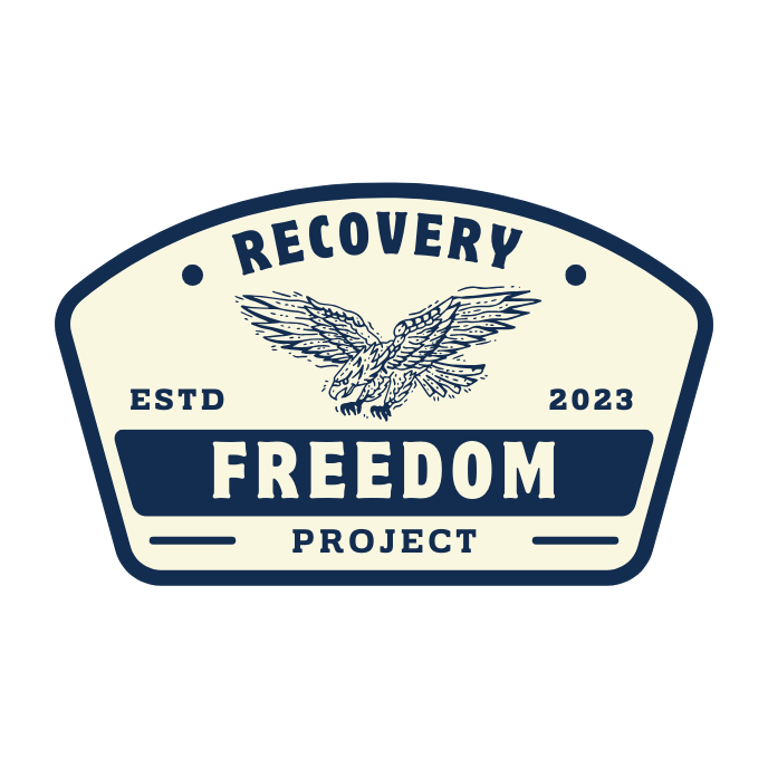Exploring Smart Recovery: A Path to Sobriety
RECOVERY
5/31/20252 min read


What is Smart Recovery?
Smart Recovery is a self-help program designed to assist individuals struggling with alcohol dependency and other addictions in achieving and maintaining sobriety. Unlike more traditional approaches to addiction such as Alcoholics Anonymous (AA), Smart Recovery focuses on evidence-based techniques and self-empowerment strategies. This program is highly adaptable, catering to the unique needs of each participant, making it a valuable resource for those seeking alternative methods for addiction recovery.
Principles of Smart Recovery
The Smart Recovery program is grounded in four key principles aimed at fostering long-term recovery. These principles focus on enhancing motivation, coping with cravings, managing thoughts and behaviors, and living a balanced life. Through these principles, members learn how to change their behavior effectively and maintain their sobriety without the reliance on traditional twelve-step methods.
One of the most compelling aspects of Smart Recovery is its emphasis on self-management and personal responsibility. Participants are encouraged to recognize their power to change, and the program equips them with the necessary tools to tackle their addiction head-on. By fostering a sense of autonomy, Smart Recovery helps individuals reclaim control over their lives.
The Benefits of Choosing Smart Recovery
Smart Recovery has gained traction as a viable alternative for many individuals seeking addiction recovery, even if it is not as widely recognized as Alcoholics Anonymous. Among its significant benefits is its flexibility; the program allows participants to choose meeting formats and styles that best suit their lifestyle. This adaptability makes it easier for individuals to stay engaged and focused on their sobriety journey.
Additionally, Smart Recovery employs a variety of approaches, including cognitive behavioral therapy (CBT) techniques, which have proven effective in treating various forms of addiction. This allows participants to develop healthier coping strategies and thought patterns, reducing the likelihood of relapse.
The inclusive nature of Smart Recovery also fosters a sense of community among participants. Individuals can share their personal experiences, challenges, and successes in a supportive environment. This support network plays an essential role in the recovery process as members help one another stay accountable and motivated.
In conclusion, while Smart Recovery may not yet be as recognized as Alcoholics Anonymous, it has nonetheless emerged as a powerful option for achieving sobriety. By focusing on individual empowerment, evidence-based strategies, and a supportive community, Smart Recovery is helping countless individuals break free from addiction and build a fulfilling, sober life.
Resources
Find comprehensive resources for recovery support here.
Contact
Support
© 2025. All rights reserved. The Freedom Project 501c3
